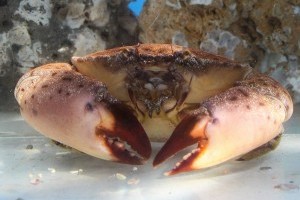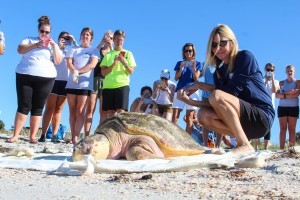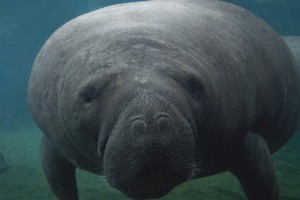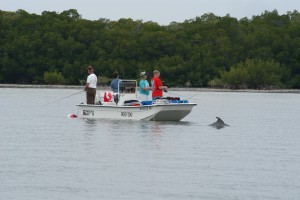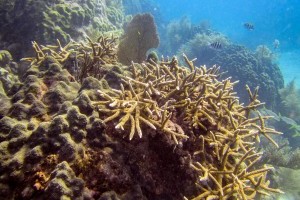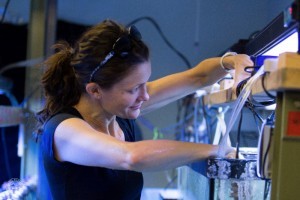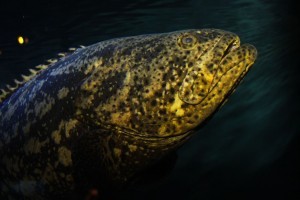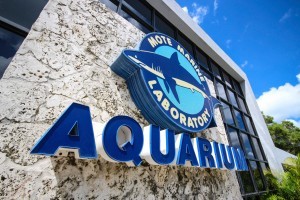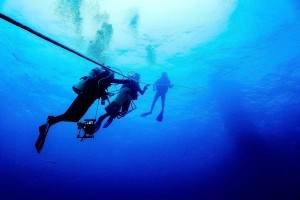Delicious, declining stone crabs
June 8, 2017Stone crabs are famous for their delicious claws, but Florida’s multi-million-dollar stone crab fishery has shown declines in recent years. Dr. Phil Gravinese, Mote Postdoctoral Research Fellow, shares his research focused on young stone crabs and the environmental changes that might affect them. Hayley finds a way to mention sea monkeys. Talk of a stone crab lab makes Joe hungry. But seriously: Stone crabs are critical to Florida’s culture and well deserving of the scientific spotlight. Tune in and learn more!

